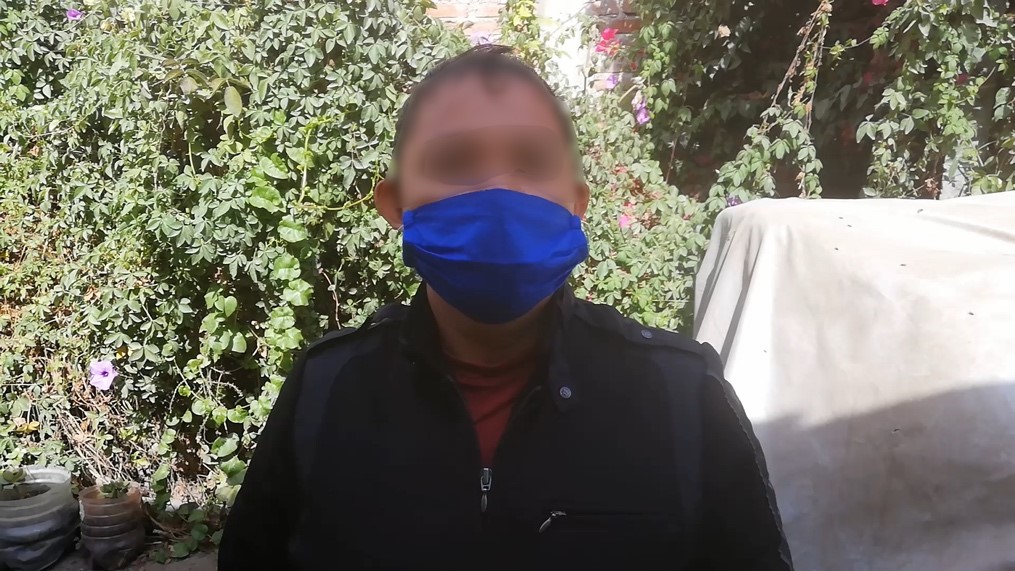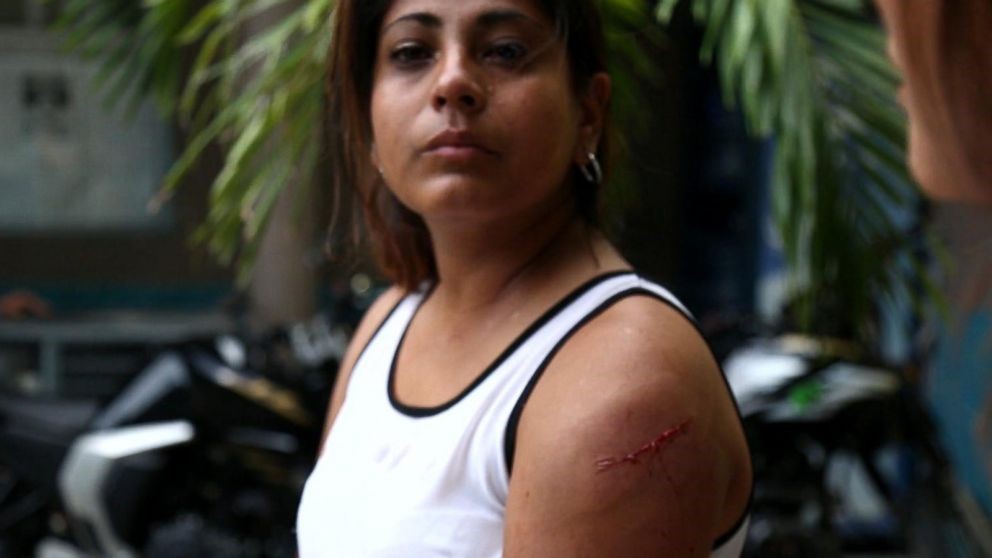Domestic Violence and Asylum Law
By Ernesto Zarco Ortiz and Robert McKee Irwin
Problem
For many female victims of domestic violence in Central America, migration constitutes a primary survival strategy. Although some may move within their home country to escape the persecution of their partners, many others seek to migrate to other countries, mainly the United States, as they are unable to obtain protection from government authorities at home. Unfortunately, the wording of US asylum law does not spell out protections for domestic violence and some US authorities have sought to exclude it as a justification for asylum claims.
Solution
As long as domestic violence remains a pervasive problem that governments of some countries remain unwilling to address, US immigration courts should consider it as a valid cause to seek asylum, whether this implies rewriting current law or revising its interpretation.
Observations
Asylum law in the US requires that applicants demonstrate a well-founded fear of persecution “on account of race, religion, nationality, membership in a particular social group, or political opinion”.
While some domestic violence victims had successfully applied for asylum, in 2018, then Attorney General Jeff Sessions revoked the asylum granted to a Salvadoran woman who had survived 15 years of violence at the hands of her ex-husband, instructing immigration judges to exclude similar claims.
The problem of women unable to obtain support from government authorities to ensure their safety from violent partners remains, and women continue to seek asylum in the US for this reason. The Humanizing Deportation archive makes visible the stories of several such women.

An anonymous Honduran woman reports in the digital story entitled "Change of Plan: Making Dreams Come True in Mexico” fleeing from the constant persecution she suffered from the father of her two daughters:
I had my two daughters. I was living with their father; he sold drugs and I was badly mistreated by him. My life was very difficult and in the end, I couldn’t stand it, it was too much for me.
Leaving meant giving up everything she had:
I abandoned everything. I lost my house, I had a shop, and lost it, too. The narcos took everything from me. My ex-husband kept them.
However, this man soon tracked them down. He forcibly took their children, with whom she has not been able to have any contact since then.
Despite the traumatic loss of her daughters and just about everything she owned, she was able to establish a new life, with a new partner who treated her well. Unfortunately, she was not able to find peace:
He found out where I was. He got there, threatened me, pointed a gun at me, beat me […] I fled, I ran without knowing where I was headed, I just left. Later, we decided to come (to Mexico).
It seemed that wherever she went, she was unsafe.
I cried and said: What am I going to do with my life? Why? What am I going to do? I can no longer live anywhere in Honduras?”
After much consideration – and much waiting at the Tijuana border, she has chosen to seek a life in Mexico. While she clearly exhibits a fear of persecution, she was unsure that she could make a clear-cut case that this gender violence meets the narrow qualifications for asylum in the US.

Another Honduran migrant, Ligia, left her homeland because of the constant mistreatment by the men intimately related to her. In the digital story entitled "A Family with Violence” she recalls that from a very young age she was abused:
My dad hit my mom a lot. We […] would hide. He would look for us to take us from our hiding places. He hit us. And that´s how we grew up, with violence.
When she was seventeen, she left home:
I thought having my oldest son was a way to escape the violence.
She ended up not only getting beaten by her spouse, but also being harassed by his mother, so she left him, and soon had two more children with another man. Her new partner started drinking, and became abusive, so she left him. She married for a third time, happy to form a peaceful home.
In the beginning, it was normal. Later, the violence came [...] He gave me a really bad life. He almost killed me.
In addition to the domestic violence that Ligia experienced, her country is experiencing a climate of violence being carried out by men outside the home. Consequently, she has also been harassed by street gangs:
The mara gang members would follow us, rob our things. They threatened to kill us if we did not give them our things.
Meanwhile, upset at poor living conditions and lack of response by the Honduran government, seen by many as corrupt, Ligia took part in large street protests, which led to further harassment:
The president of Honduras sent the police to throw tear gas at the houses, at the neighborhoods. With our children, we would run out to the streets to save ourselves.
She began to develop breathing problems from the smoke and tear gas, which has also brought on psychological repercussions:
I still have this problem where if I now get scared, I get panicky and I cannot breathe.
Ligia felt threatened by men in every home she had lived in since she was a little girl. She was regularly assailed by criminal gangs. The police did not represent a solution as they too assaulted her.
It might be argued that she was persecuted by men and male dominated institutions for being a member of a group of women who was unwilling to accept male violence. She is hoping that an immigration judge in the US will agree that she meets criteria for asylum.
It has been successfully argued in a few asylum cases that women who have been persecuted by violent male partners for not being willing to submit themselves to the violence implicit in predominant gender stereotypes can be considered as political dissidents.
However, this approach will not offer solutions to all women fleeing extreme threats of domestic violence. The United States should consider revising existing asylum law, which was written without considering this issue, in order to provide safety to female migrants who may face serious risks from which they are unlikely to find protection in their countries of origin.
